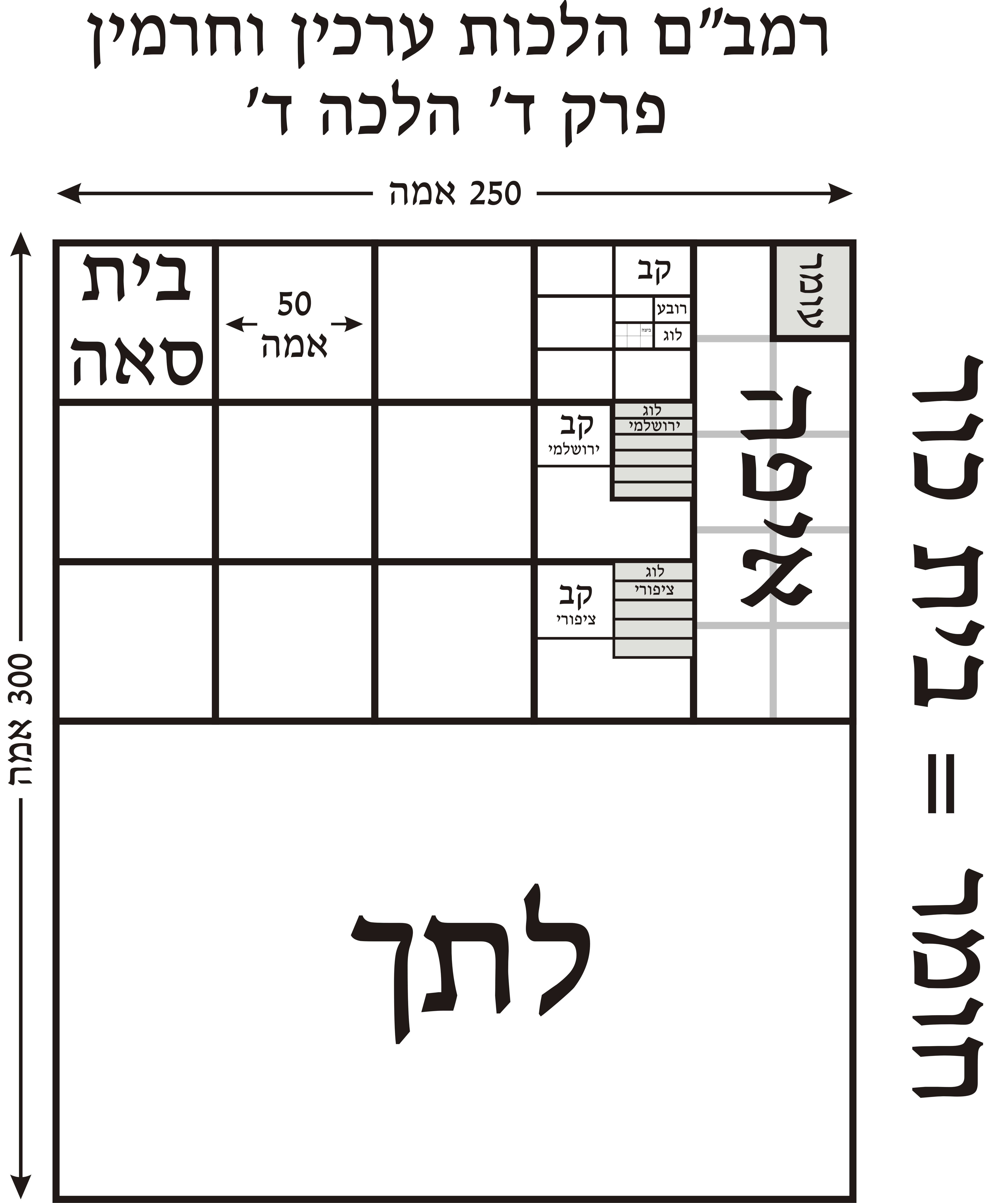The word מנצחים appears three times in II Chronicles, twice in Chapter 2 and once in Chapter 34, with the connotation of overseers of workers. In roughly parallel verses in both Kings and Chronicles, the word רדים is used.
דברי הימים ב ב:א
וַיִּסְפֹּ֨ר שְׁלֹמֹ֜ה שִׁבְעִ֥ים אֶ֙לֶף֙ אִ֣ישׁ סַבָּ֔ל וּשְׁמוֹנִ֥ים אֶ֛לֶף אִ֖ישׁ חֹצֵ֣ב בָּהָ֑ר וּמְנַצְּחִ֣ים עֲלֵיהֶ֔ם שְׁלֹ֥שֶׁת אֲלָפִ֖ים וְשֵׁ֥שׁ מֵאֽוֹת:
דברי הימים ב ב:יז
וַיַּ֨עַשׂ מֵהֶ֜ם שִׁבְעִ֥ים אֶ֙לֶף֙ סַבָּ֔ל וּשְׁמֹנִ֥ים אֶ֖לֶף חֹצֵ֣ב בָּהָ֑ר וּשְׁלֹ֤שֶׁת אֲלָפִים֙ וְשֵׁ֣שׁ מֵא֔וֹת מְנַצְּחִ֖ים לְהַעֲבִ֥יד אֶת־הָעָֽם:
דברי הימים ב לד:יג
וְעַ֣ל הַסַּבָּלִ֗ים וּֽמְנַצְּחִים֙ לְכֹל֙ עֹשֵׂ֣ה מְלָאכָ֔ה לַעֲבוֹדָ֖ה וַעֲבוֹדָ֑ה וּמֵֽהַלְוִיִּ֔ם סוֹפְרִ֥ים וְשֹׁטְרִ֖ים וְשׁוֹעֲרִֽים:
מלכים א ה:ל
לְ֠בַד מִשָּׂרֵ֨י הַנִּצָּבִ֤ים לִשְׁלֹמֹה֙ אֲשֶׁ֣ר עַל־הַמְּלָאכָ֔ה שְׁלֹ֥שֶׁת אֲלָפִ֖ים וּשְׁלֹ֣שׁ מֵא֑וֹת הָרֹדִ֣ים בָּעָ֔ם הָעֹשִׂ֖ים בַּמְּלָאכָֽה:
מלכים א ט:כג
אֵ֣לֶּה׀ שָׂרֵ֣י הַנִּצָּבִ֗ים אֲשֶׁ֤ר עַל־הַמְּלָאכָה֙ לִשְׁלֹמֹ֔ה חֲמִשִּׁ֖ים וַחֲמֵ֣שׁ מֵא֑וֹת הָרֹדִ֣ים בָּעָ֔ם הָעֹשִׂ֖ים בַּמְּלָאכָֽה:
דברי הימים ב ח:י
וְאֵ֨לֶּה שָׂרֵ֤י הנציבים [ק' הַנִּצָּבִ֛ים] אֲשֶׁר־לַמֶּ֥לֶךְ שְׁלֹמֹ֖ה חֲמִשִּׁ֣ים וּמָאתָ֑יִם הָרֹדִ֖ים בָּעָֽם:
According to BDB, רדה means “have dominion, dominate”. I am without my HALOT so I’ll have to come back to this post.
Does רדה imply overbearing or abusive overseeing (think of taskmasters with whips), or can it be more neutral, meaning just foremen who were in charge of the workers?
Some verses might imply neutrality. Three times in Leviticus 25, we are enjoined from ruling over Israelite slaves with rigor, בפרך, but simply ruling over them is permitted.
ויקרא כה:מג
לֹא־תִרְדֶּ֥ה ב֖וֹ בְּפָ֑רֶךְ וְיָרֵ֖אתָ מֵאֱלֹהֶֽיךָ:
ויקרא כה:מו
וְהִתְנַחַלְתֶּ֨ם אֹתָ֜ם לִבְנֵיכֶ֤ם אַחֲרֵיכֶם֙ לָרֶ֣שֶׁת אֲחֻזָּ֔ה לְעֹלָ֖ם בָּהֶ֣ם תַּעֲבֹ֑דוּ וּבְאַ֨חֵיכֶ֤ם בְּנֵֽי־יִשְׂרָאֵל֙ אִ֣ישׁ בְּאָחִ֔יו לֹא־תִרְדֶּ֥ה ב֖וֹ בְּפָֽרֶךְ:
ויקרא כה:נג
כִּשְׂכִ֥יר שָׁנָ֛ה בְּשָׁנָ֖ה יִהְיֶ֣ה עִמּ֑וֹ לֹֽא־יִרְדֶּ֥נּֽוּ בְּפֶ֖רֶךְ לְעֵינֶֽיךָ:
יחזקאל לד:ד
אֶֽת־הַנַּחְלוֹת֩ לֹ֨א חִזַּקְתֶּ֜ם וְאֶת־הַחוֹלָ֣ה לֹֽא־רִפֵּאתֶ֗ם וְלַנִּשְׁבֶּ֙רֶת֙ לֹ֣א חֲבַשְׁתֶּ֔ם וְאֶת־הַנִּדַּ֙חַת֙ לֹ֣א הֲשֵׁבֹתֶ֔ם וְאֶת־הָאֹבֶ֖דֶת לֹ֣א בִקַּשְׁתֶּ֑ם וּבְחָזְקָ֛ה רְדִיתֶ֥ם אֹתָ֖ם וּבְפָֽרֶךְ:
In the context of war, however, רדה seems less neutral:
ויקרא כו:יז
וְנָתַתִּ֤י פָנַי֙ בָּכֶ֔ם וְנִגַּפְתֶּ֖ם לִפְנֵ֣י אֹיְבֵיכֶ֑ם וְרָד֤וּ בָכֶם֙ שֹֽׂנְאֵיכֶ֔ם וְנַסְתֶּ֖ם וְאֵין־רֹדֵ֥ף אֶתְכֶֽם:
ישעיהו יד:ב
וּלְקָח֣וּם עַמִּים֘ וֶהֱבִיא֣וּם אֶל־מְקוֹמָם֒ וְהִֽתְנַחֲל֣וּם בֵּֽית־יִשְׂרָאֵ֗ל עַ֚ל אַדְמַ֣ת יְקֹוָ֔ק לַעֲבָדִ֖ים וְלִשְׁפָח֑וֹת וְהָיוּ֙ שֹׁבִ֣ים לְשֹֽׁבֵיהֶ֔ם וְרָד֖וּ בְּנֹגְשֵׂיהֶֽם:
ישעיהו יד:ו
מַכֶּ֤ה עַמִּים֙ בְּעֶבְרָ֔ה מַכַּ֖ת בִּלְתִּ֣י סָרָ֑ה רֹדֶ֤ה בָאַף֙ גּוֹיִ֔ם מֻרְדָּ֖ף בְּלִ֥י חָשָֽׂךְ:
יחזקאל כט:טו
מִן־הַמַּמְלָכוֹת֙ תִּהְיֶ֣ה שְׁפָלָ֔ה וְלֹֽא־תִתְנַשֵּׂ֥א ע֖וֹד עַל־הַגּוֹיִ֑ם וְהִ֨מְעַטְתִּ֔ים לְבִלְתִּ֖י רְד֥וֹת בַּגּוֹיִֽם:
(Note here however, רדה באף, perhaps רדה without באף remains neutral?)
While this verse seems neutral, merely stating that Solomon ruled over lands across the Jordan River
מלכים א ה:ד
כִּי־ה֞וּא רֹדֶ֣ה׀ בְּכָל־עֵ֣בֶר הַנָּהָ֗ר מִתִּפְסַח֙ וְעַד־עַזָּ֔ה בְּכָל־מַלְכֵ֖י עֵ֣בֶר הַנָּהָ֑ר וְשָׁל֗וֹם הָ֥יָה ל֛וֹ מִכָּל־ עֲבָרָ֖יו מִסָּבִֽיב:
תהלים סח:כח
שָׁ֤ם בִּנְיָמִ֨ן׀ צָעִ֡יר רֹדֵ֗ם שָׂרֵ֣י יְ֭הוּדָה רִגְמָתָ֑ם שָׂרֵ֥י זְ֝בֻל֗וּן שָׂרֵ֥י נַפְתָּלִֽי:
תהלים קי:ב
מַטֵּֽה־עֻזְּךָ֗ יִשְׁלַ֣ח יְ֭קֹוָק מִצִּיּ֑וֹן רְ֝דֵ֗ה בְּקֶ֣רֶב אֹיְבֶֽיךָ:
The original intent of this post was to investigate the connexion between רדה and נצח, but now it seems like that will have to wait for another post.
